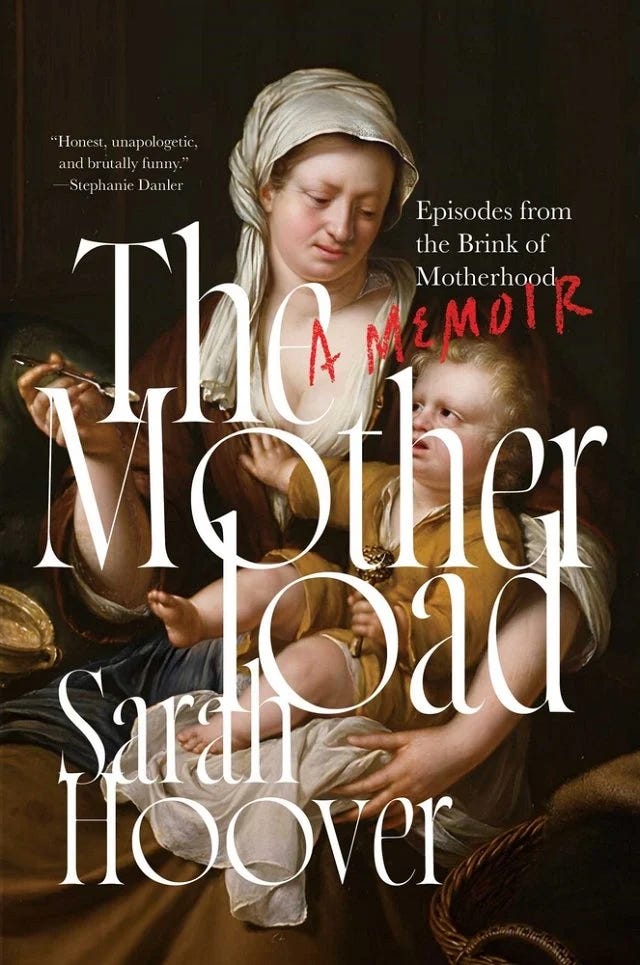Having a Baby Can Break You
The reality of postpartum for many of us isn't as glossy and gorgeous as social media would like us to believe
At 3:30 today I will be doing a Substack Live for paid subscribers with this month’s book club author Jessica Soffer of THIS IS A LOVE STORY. Here is the link for it. This is my first one so it may be imperfect. We actually don’t know what is going to happen and that is part of the fun of it. If you still want to join the book club take advantage of the free subscription deal by ordering Everyone is Lying to You. Next month we will be reading Love and Fury: A Novel of Mary Wollstonecraft.
I started reporting the Under the Influence podcast about five years ago this month. Scrolling social media as I sat awake with a screaming newborn made me feel terrible about myself. The mothers I watched on my phone all made it look so easy. They looked so perfect and happy. They were the opposite of me, which only made me feel worse than I already did.
I’ve written before about how I don’t love the newborn phase. I don’t like tiny babies. I much prefer them once they evolve out of the sad lumpy alien phase.
That’s the kind of truth I could have used going into motherhood.
Too many of us enter motherhood carrying expectations shaped by filtered social media posts, polished representations in media, and well-intentioned but incomplete stories from those who came before us. We're told we'll instantly fall in love with our babies, that we'll intuitively know how to be mothers, and that any difficulties will be outweighed by overwhelming joy.
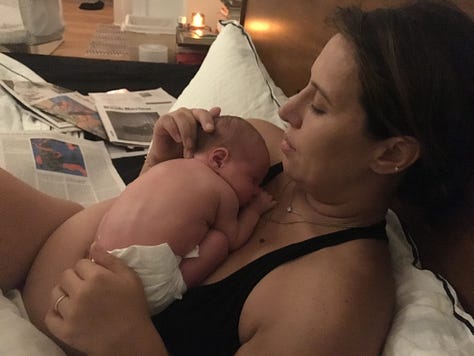
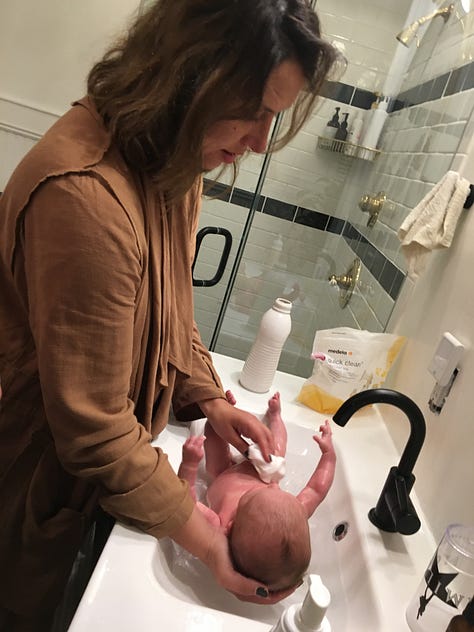

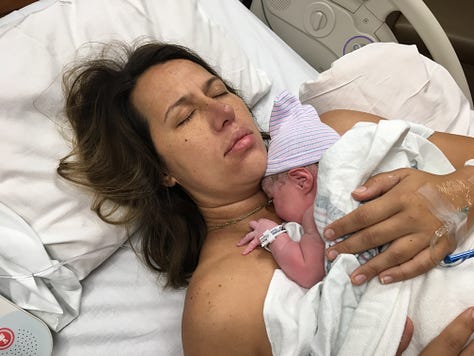
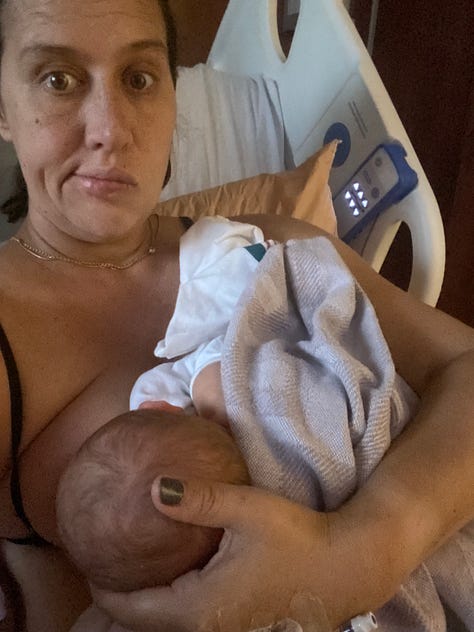
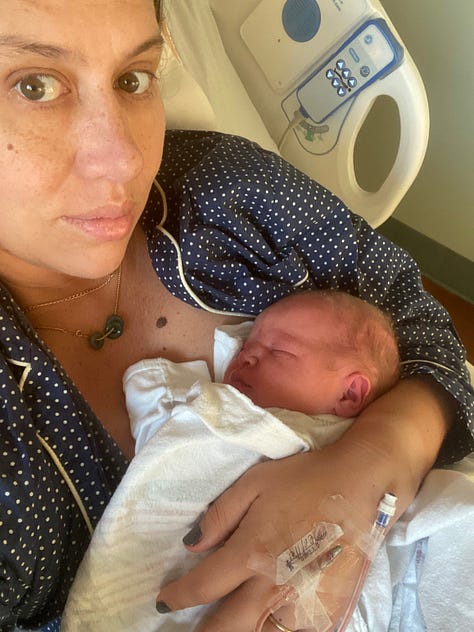
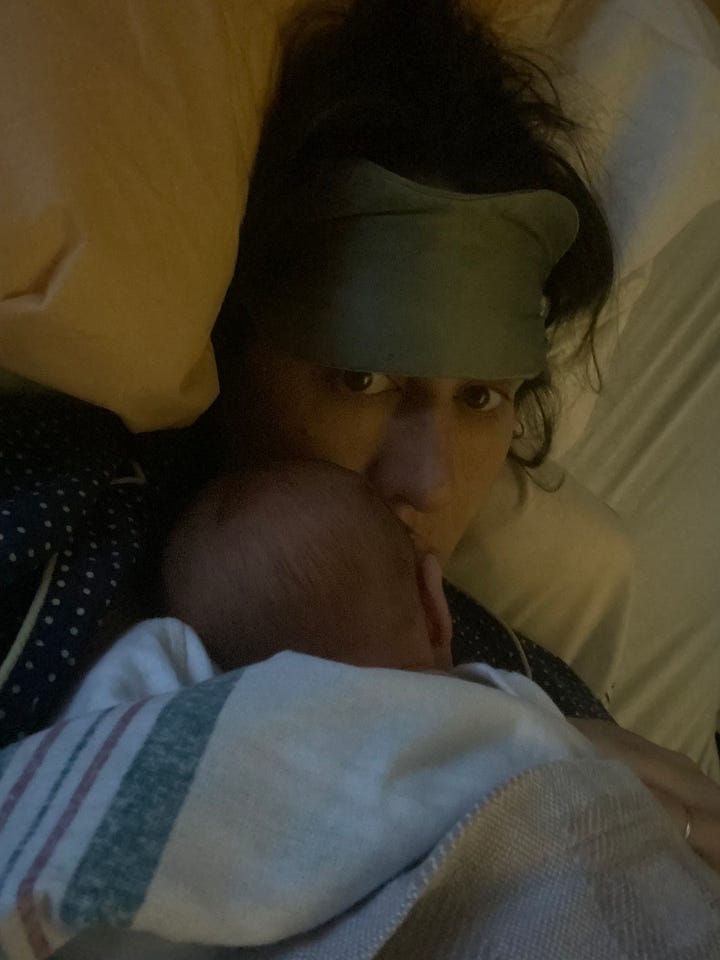
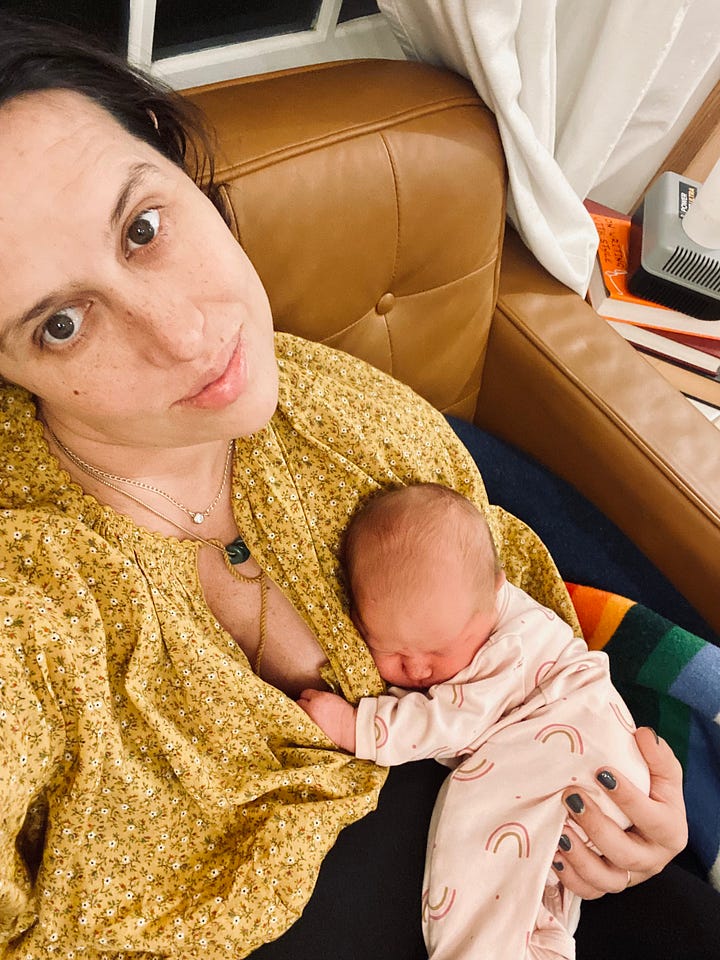
That’s not the experience for a lot of us.
This week I got to chat with Sarah Hoover, author of "The Motherload," for a candid conversation about the aspects of motherhood that often remain hidden: postpartum depression that manifests as rage, the grief of losing your pre-baby identity, and the challenge of connecting with your baby when nothing feels the way you expected.
You can find out more about Sarah Hoover’s work here — and buy The Motherload here.
This isn't just another motherhood story—it's a lifeline for anyone who's ever felt like they were doing it wrong because their experience didn't match the cultural narrative. As Sarah shares in our conversation, "It's impossible to be a wonderful mother when you're not a happy mother."
Sarah had a traumatic birth followed by postpartum depression, which manifested in self-loathing, apathy for her baby, and a rage towards her husband that I deeply relate to.
The episode is available now but I have also included more in our lengthy interview below. It’s been slightly edited to make it easier to read.
JO: When I had my first baby, I completely bought into the myth that I would immediately fall in love and know exactly how to be a mother. Neither of those things were true. I had no idea what I was doing with this baby. And yes, I loved him, but it wasn't that all-consuming, glowy, angelic kind of love that the culture tells us we're supposed to have the minute our baby arrives.
Sarah, I love this line in your book where you describe your newborn: "The kid was objectively a tiny worm. Even worse, a worm with my nose."
SARAH: I did say that.
JO: It resonated because after my first baby, I kept thinking, "You're an alien. What even are you?" It was nothing like what I thought a baby would look like. When we see babies in movies, they're nine months old. They come out looking like cabbage patch dolls.
SARAH: They're so funny looking when they first come out, especially birthed through a hole in your body. It looked like his head went through a frozen yogurt machine—because it did!
JO: Because the vagina doesn't expand that much!
SARAH: I had a second kid last year and had a completely different experience. I felt so much more connected to her because my birth was different. I felt immediately curious about her. It's not like she came out and I thought, "look at this child model," but I found her newborn appearance funny rather than disturbing.
JO: Right. I think your reaction to your son's looks had more to do with your own devastation than him literally looking like a worm. You write that you weren't prepared for what you would feel after childbirth. Women aren't warned about what can happen, about postpartum depression. It's getting better, but it's still not great. Tell me about that despair you felt.
SARAH: There were many reasons why I felt it. Having a traumatic birth was certainly a catalyst—a birth where I felt out of control of my own body, disrespected, almost assaulted. That didn't set me up for happiness. I was already so detached, my brain had shut down.
But I was also devastated by what felt like an immediate identity rupture. There was me on October 1st—going to work, taking calls, getting fulfillment from the identity I'd cultivated where I had an important job interfacing with people I respected. Then suddenly on October 3rd, I was only a mom.
I felt like that was my life for the rest of time. I didn't know that phase would end and I could re-enter the world. I rationally knew I'd go back to work eventually, but emotionally, I felt my identity—the one I cared so much about—was over.
JO: And who were you before this baby? What was your work life like?
SARAH: I worked in an international art gallery from graduate school until my mid-thirties. I grew up in Indiana but moved to New York for school and stayed. I was devoted to the culture there—museum exhibitions, gallery shows, ballet, symphony. I spent time doing things that made me happy. Then suddenly I felt like I'd never work with an artist or have a night off again.
JO: I was a journalist and author. I'd written five books before my first baby and was convinced afterward I'd never write another book. My brain just didn't function.
SARAH: Exactly! I had severe aphasia. I remember trying to make a grocery list and being unable to remember how lists work. I couldn't remember that numbers went sequentially. There's science behind "mom brain" and why it happens. Amazingly, it was only in 2024 that scientists first mapped the brain of a pregnant woman through her entire gestational period.
JO: It's almost like they don't care about women.
SARAH: How could we live in a country that doesn't care about women? That seems bananas to me.
JO: Going into motherhood, what did you expect? The culture told me I'd love my baby immediately, more than I'd ever loved anything.
Keep reading with a 7-day free trial
Subscribe to Over the Influence to keep reading this post and get 7 days of free access to the full post archives.




